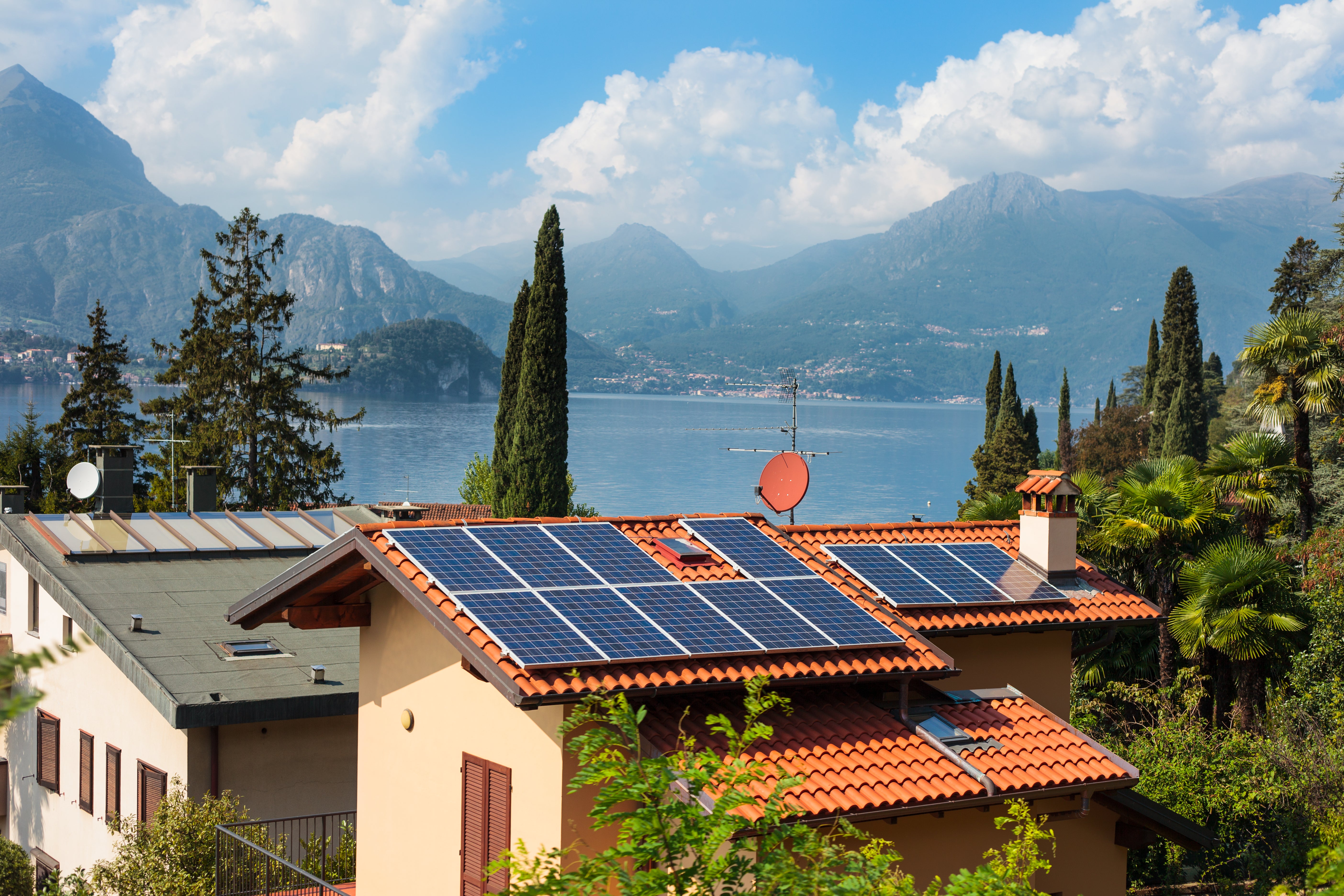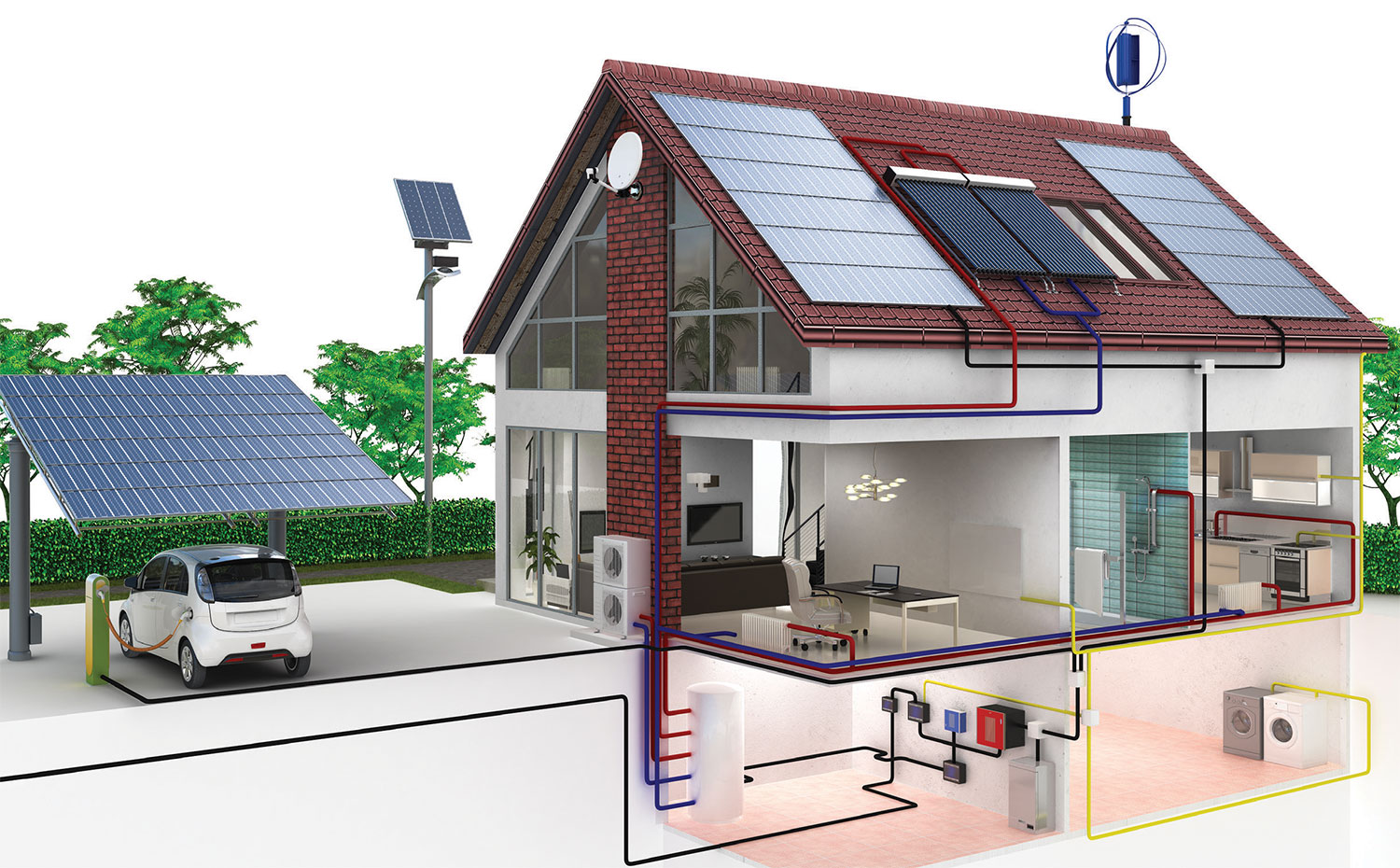Mandatory Energy Code for Residential Buildings: A 2023 Overview
The government plans to update the energy regulations for both commercial and residential structures to lower energy consumption and carbon emissions in the building and construction industry.
“By the end of this year, we anticipate having the amended codes. Codes for commercial structures are now required in 25 states and Union Territories. The amending statute also covers residential buildings. Saurabh Diddi, head of the Bureau of Energy Efficiency (BEE), stated that the residential construction code would thus eventually be required.

Diddi delivered a speech on Wednesday at the Swiss Embassy as a part of the Decarbonization Business Charter Call for Action event, which was organized by WRI India, the Alliance for an Energy-Efficient Economy (AE), EcoCollab, and Mahindra Lifespace Developers Ltd (MLDL). Approximately 35–40% of energy use and carbon emissions are caused by the building and construction sector. The Energy Conservation Building Code (ECBC) is now the ECBC for commercial buildings, and Eco Niwas Samhita is the ECBC for residential buildings to encourage the construction of energy-efficient structures.
The rules are being updated to include more than simply green buildings. These will also examine embedded carbon, net zero, and sustainable buildings. A new building code called the Energy Conservation and Sustainability Building Code will replace ECBC.
“India is unusual because other industrialized nations, like China, have finished developing their infrastructure. As a result, one of their challenges is figuring out how to adapt old structures to increase their energy efficiency or decarbonize them.

We will increase the footprint of residential and commercial structures in India in another 20 years.
Dr. Satish Kumar, President & Executive Director, AEEE, said, “We acknowledge the significance of decarbonization in the construction and real estate sector, as India’s position as the world’s third-largest construction market presents both challenges and opportunities. With this radical initiative, we are calling diverse stakeholders of the building and construction industry to drive the transition towards a low-carbon future while creating lasting environmental and economic benefits.”
The Swiss Agency for Development and Cooperation (SDC) assisted in the first drafting of the Eco Niwas Samhita ECBC for residential construction. The head of SDC, Jonathan Demenge, discussed the joint decarbonization projects between the governments of India and Switzerland.
According to Sunita Purushottam, head of sustainability at MLDL, “We are changing that code to look at embodied carbon, waste management, and water management in buildings and make it holistic so that we can move towards the net zero codes that are now coming up — net zero energy, waste, carbon, water, and others.”
She said that just 5% of the buildings in India are green. Thus, the next step for developers would be to embrace beyond green building code, which is moving towards net zero, and this action is necessary.
In the global effort to combat climate change, governments are proposing and enacting numerous measures worldwide. One of these efforts is instituting a mandatory energy code for residential buildings, a move anticipated to reduce our built environment’s carbon footprint significantly. As we’re well into 2023, it is crucial to understand what this means for homeowners, builders, and the larger community.
At its core, the mandatory energy code sets forth regulations that mandate specific energy efficiency standards for residential buildings. This means that when homes are constructed, renovated, or retrofitted, they must meet or exceed these standards, reducing energy consumption and environmental impact.

Residential buildings contribute significantly to global greenhouse gas emissions due to their energy consumption for heating, cooling, lighting, and appliances. Implementing energy-efficient designs can dramatically cut down these emissions.
As global energy needs rise, there is a pressing need to reduce consumption and ensure resources are used sustainably. In the long run, energy-efficient homes translate into cost savings for homeowners as they drastically reduce electricity and heating bills.
The code will likely dictate the type and amount of insulation required for different house parts, ensuring minimum heat loss or gain. Homes may need to install specific heating, ventilation, and air conditioning (HVAC) systems designed to consume less energy.
Using energy-efficient windows that prevent unnecessary heat transfer may be a mandate. Incentives or requirements for integrating renewable energy sources, like solar panels, might be included.
Homes might undergo periodic energy performance testing to ensure they adhere to standards.

They must familiarize themselves with the new standards, ensure compliance, and perhaps undergo training to understand best practices. Those looking to build or renovate must be aware of these requirements. Though the initial costs might be higher, the long-term savings from reduced energy bills will be beneficial.
Implementation will require robust infrastructure for checking compliance, providing training, and handling violations.
![]()
The mandatory energy code for residential buildings in 2023 marks a significant step forward in global efforts to mitigate climate change. While the transition may be challenging for some stakeholders, the long-term benefits for our planet and our pockets make it a move in the right direction.



